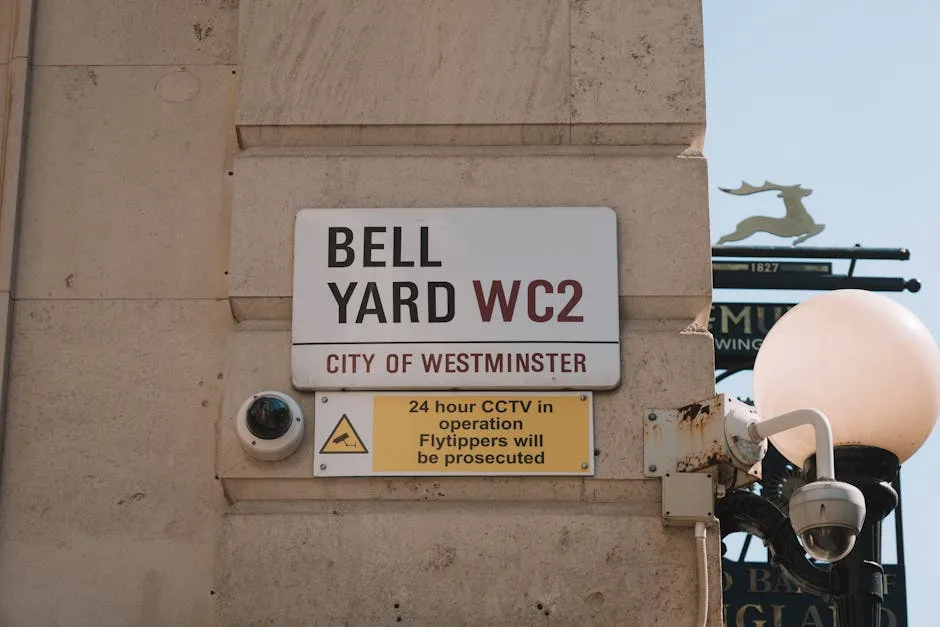
The Wikimedia Foundation has lost its legal challenge against the UK’s Online Safety Act (OSA), with the High Court ruling that Wikipedia could be subject to mandatory user verification requirements. The decision, handed down on August 11, 2025, maintains provisions that may classify the encyclopedia as a “Category 1” platform under the controversial internet safety law1.
Judge Jeremy Johnson’s ruling allows the UK communications regulator Ofcom to proceed with platform categorizations while leaving room for future legal challenges if enforcement proves disproportionate2. Wikimedia had argued the verification rules would compromise user privacy and safety, particularly for anonymous editors in authoritarian regimes3.
Legal and Operational Implications
The court’s decision creates immediate uncertainty for Wikipedia’s operations in the UK. As an open-editing platform that relies on pseudonymous contributions, mandatory verification could force Wikimedia to either limit UK access or fundamentally alter its editing model. Internal assessments suggest compliance might require technical changes to user account systems, potentially including government ID validation for editors3.
UK Tech Secretary Peter Kyle defended the OSA provisions, stating they were essential for combating illegal content online. Government representatives framed opposition to the law as siding with malicious actors, though critics note the broad language could impact legitimate platforms4. Ofcom has indicated it will implement the rules with some flexibility, but final categorization decisions won’t come until late 20251.
Security and Privacy Concerns
Technical experts highlight several risks from the verification requirements. Mandatory identity linking could expose Wikipedia editors to retaliation, particularly those contributing sensitive content about governments or corporations. The platform’s current IP-based anonymity provides some protection, though sophisticated actors can sometimes trace these connections3.
Operational security considerations include:
- Potential deanonymization of editors through verification data leaks
- Chilling effects on contributions to controversial articles
- Increased targeting of Wikipedia infrastructure by malicious actors seeking verified user data
The ruling comes amid global debates about platform regulation, with the EU’s Digital Services Act and various U.S. state laws creating a patchwork of requirements1. Wikipedia’s nonprofit status and unique editing model present distinct challenges compared to commercial social media platforms facing similar regulations.
Future Outlook
Wikimedia has signaled it may appeal the decision or adjust UK operations based on Ofcom’s final implementation. The foundation’s statement emphasized continued vigilance, noting the ruling preserves some avenues to protect Wikipedia’s model5. Legal analysts suggest the case could influence how open-source platforms worldwide navigate safety regulations.
Security professionals should monitor Ofcom’s categorization process and any technical specifications for verification systems. The eventual requirements may create new attack surfaces if verification data collection and storage aren’t properly secured. Organizations with Wikipedia editing programs may need to review their contribution policies in light of potential identification risks.
As platforms globally adapt to increasing regulation, the Wikipedia case highlights tensions between safety objectives and fundamental internet freedoms. The UK’s approach may serve as a model or cautionary tale as other jurisdictions consider similar measures.
References
- “UK High Court rules on Wikipedia Online Safety Act challenge,” Reuters, Aug. 11, 2025.
- “Court upholds online safety rules in Wikimedia case,” The National, Aug. 11, 2025.
- “Wikipedia warns of privacy risks after UK court loss,” The Annapurna Express, Aug. 11, 2025.
- “UK defends online safety law after Wikimedia ruling,” Caliber.Az, Aug. 11, 2025.
- “Reddit discussion on Wikimedia court case,” r/news, Aug. 11, 2025.





